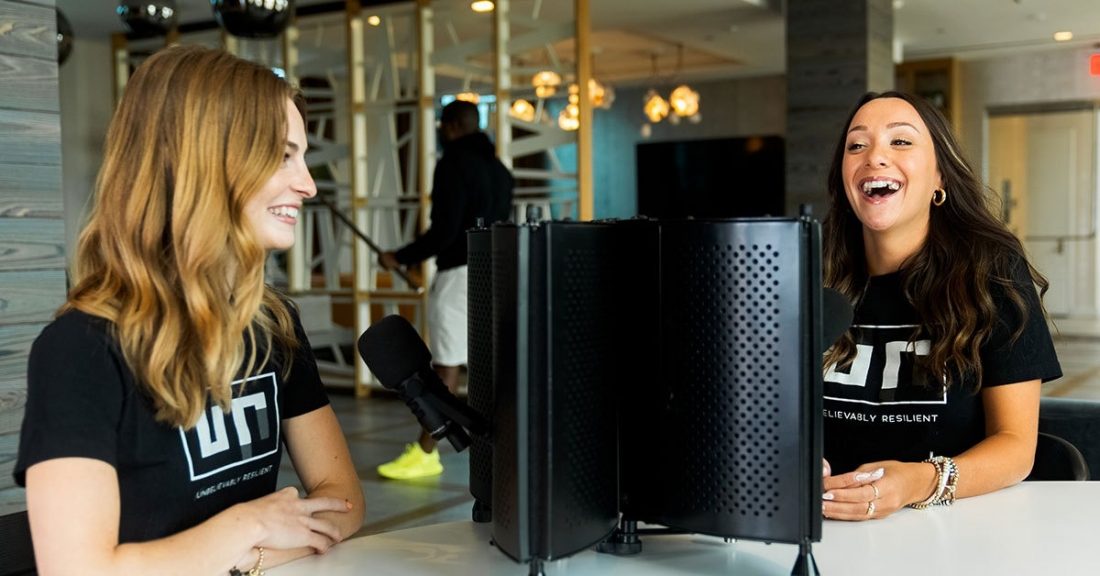Podcast Connects Foster Youth to Listeners and Authentic Opportunities to Drive Change

Looking for a real, informative and inspiring podcast to add to your playlist? Check out FosterStrong, a series created and run by young adults who spent time in foster care.
Now in its second year, the podcast empowers current and former foster youth to share their stories of trauma to triumph as a means of reclaiming their narratives. Along the way, the episodes also are helping to combat harmful stereotypes, educate audiences, spotlight the next generation of foster care leaders and give voice to countless other kids and families who are navigating through foster care.
Season two of the series focuses on resilience and features guests and topics such as:
- Brandon Phillips, a comedian and actor, discussing his journey from foster care to Hollywood and the value of positive representation of foster care experiences.
- Ixchel Martinez, a licensed social worker and alumna of care, sharing her story on hurdling adversity and emphasizes the importance of passing the mic to youth in foster care.
- Sean Anders, a director and writer, talking resiliency and highlighting foster families in film.
- La Tika Jeffrey, an alumna of foster care, speaking of her journey as a 21-year-old adoptee and her work today as an advocate and mentor to kids in care.
In a bid to reach more listeners this season, FosterStrong has teamed up with the Annie E. Casey Foundation’s grantee Institute for Family, which promotes the podcast on its website. The organization is devoted to supporting strong families and — just like FosterStrong — believes in the power of storytelling to realize its goals.
Institute for Family and FosterStrong also are aligned in other key ways. Both organizations believe that young people with foster care experience have been historically marginalized, and tokenized for their expertise and ideas. They’re similarly committed to modeling how to value people with firsthand experience while simultaneously challenging the stigmas, stereotypes, and negative language commonly associated with foster care.
The alliance is “a tangible example of how organizations can listen, learn and play a crucial role in shifting the power to those of us who have experienced foster care firsthand,” says Keri Richmond, executive director of FosterStrong.
Matt Anderson, director of Institute for Family, credits the collaboration with challenging his organization to move beyond simply engaging youth and families as partners to instead following their lead. “My hope is that this minor shift in our perspective will lead to a major shift in our practice,” he says.





